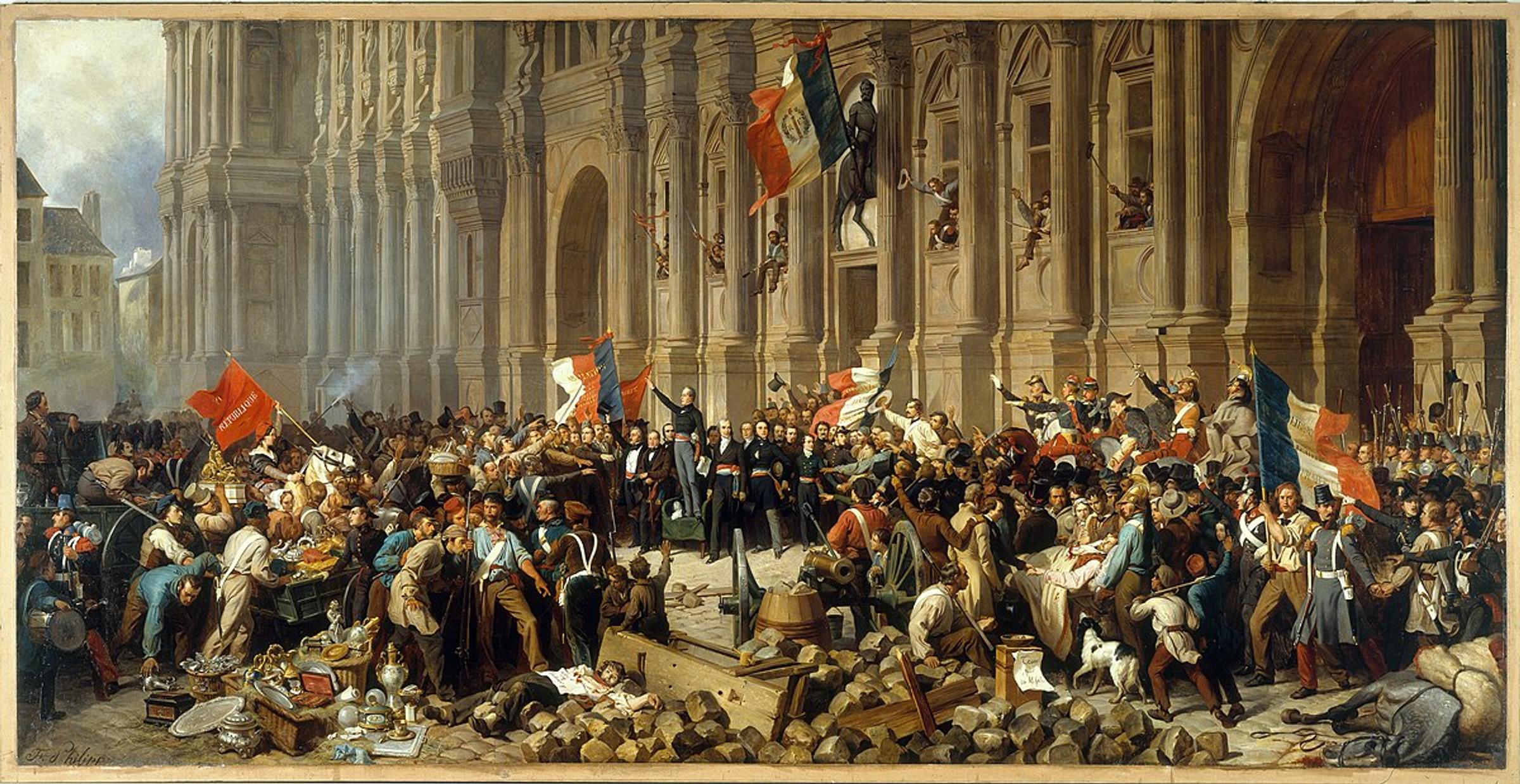History

Units 1 & 2: Empires
In Units 1 and 2 Empires, students will investigate the foundations and features of both the Spanish and British Empires as well as the significant global changes they brought to the wider world in the early modern period.
Empires at their core were expansionist, dominating trade and political influence in their regional or global contexts. A range of key factors arising from the social, political, economic, cultural, religious, environmental and technological features of Empires played a role in the ambition and quest for power, prestige and influence over rival and competing states.
In Area of Study 1, students will explore the formation of an empire through accumulation of power, conquest and exploration. This will lead into the study of the manner in which colonies were established and how movements such as the Renaissance and Enlightenment contributed to the rise of the empire.
In Area of Study 2, students will then explore the decline of the empire through discussion of encounters, challenges and changes experienced. Students will consider various perspectives such as that of Indigenous peoples, African slaves, the ruling elite and religious missionaries. In doing this, students will evaluate the longstanding effects of the imperialistic pursuits such as assimilation, loss of culture and environmental degradation.
The study of the British and Spanish Empires will connect directly to the study of the American Revolution and the Russian Revolution in Units 3 & 4 Revolutions.
On the completion of Units 1 & 2 History: Empires students should be able to:
- Identify the perspectives of people in the empire and how perspectives changed over time
- Identify different historical interpretations about the changes and challenges to an empire
- Explain the consequences of challenges and changes to an empire
- Evaluate the significance of events, ideas, individuals and movements
- Construct arguments about the challenges and changes of an empire using sources as evidence.
Units 3 & 4: Revolutions
In Units 3 and 4 Revolutions, students will investigate the rise of revolution and creation of new societies in America and Russia.
In Area of Study 1, Revolutionary Ideas, Movements and Leaders, students will investigate the ideas used in revolutionary struggle, the role of groups in bringing about radical change, exploring unity and tensions within the revolutionary groups, the roles of individuals and their publications in the revolution.
In Area of Study 2, Creating a New Society, students will study the crises of the revolution, the responses of the revolutionary state to the crises, changes to political and economic structures resulting from the revolution, continuities with the old regime in terms of power, wealth, social control, and everyday life.
On completion of this unit students should be able to:
- Evaluate the role of ideas, leaders, movements and events in the revolution
- Analyse the challenges faced by the emerging new order and evaluate the nature of the new society caused by the revolution
- Circumstances may require alternative Revolutions to be taught and studied, such as the French or Russian Revolution in place of the American Revolution
